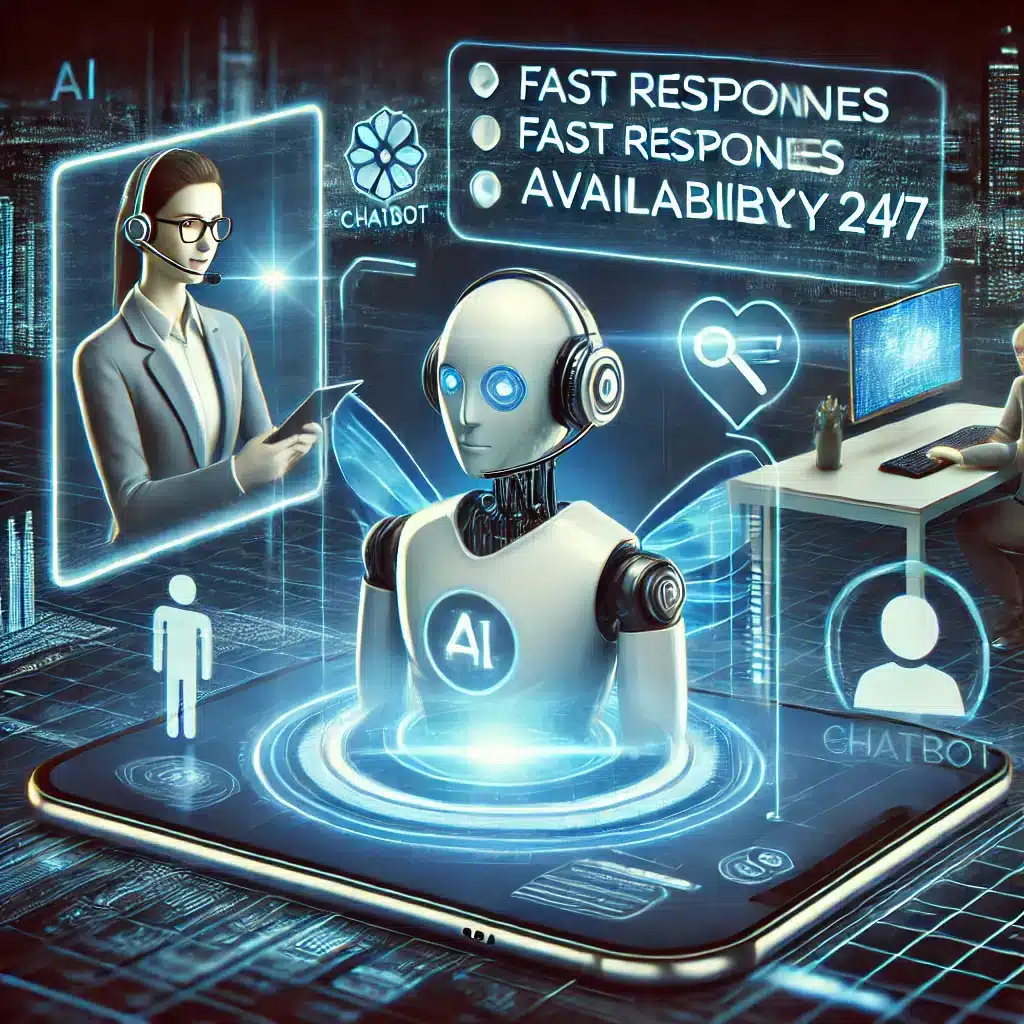Introduction
The Emotional Impact of AI has transformed customer support in countless ways. As demand for AI technology increases, especially in customer support, emotional pressures also rise. This transformation is driven by companies like Nvidia and OpenAI, who continually push the boundaries of AI capabilities. Managing expectations is crucial for both providers and customers.
The Emotional Impact of AI Shortages
High demand for Nvidia’s AI chips has led to significant emotional strain for customers and suppliers alike. Nvidia CEO Jensen Huang noted the immense pressure as demand outpaces supply. In an article by Business Insider, Huang shared, “We probably have more emotional customers today. Deservedly so. It’s tense. We’re trying to do the best we can.” This highlights the critical need for managing emotional expectations as AI becomes more integrated into business operations.
Consequences of Delayed Shipments
For instance, the delay in the next generation of Nvidia AI chips, Blackwell, illustrates the challenges faced by companies dependent on this technology. Shipment delays affect major players like Meta, Microsoft, and Google, causing disruptions in their AI-based services. Hence, the emotional impact extends beyond immediate frustration, potentially affecting long-term business strategies.
OpenAI’s Role in the AI Ecosystem
OpenAI, another major entity in the AI industry, is similarly addressing high expectations and emotional stress. The company aims to raise $5 billion in debt, as reported by Business Insider. With a valuation skyrocketing to $150 billion, OpenAI is aiming to secure additional funds for computing power and other operating costs. This financial movement underscores the immense pressure and expectations placed on pioneering AI companies.
Managing Customer Expectations
While OpenAI and Nvidia work tirelessly to meet demands, managing customer expectations remains paramount. Transparency about shipment timelines and potential delays can help mitigate emotional stress. Additionally, continuous communication with customers fosters trust and understanding, crucial for long-term relationships.
Conclusion
Ultimately, the emotional impact of AI on customer support is a complex issue that involves the management of both supply chains and customer expectations. By understanding the pressures faced by companies like Nvidia and OpenAI, stakeholders can better navigate the challenges and seize the opportunities that AI technology offers. Successful management of these aspects will ensure a smoother integration of AI into customer support systems.



